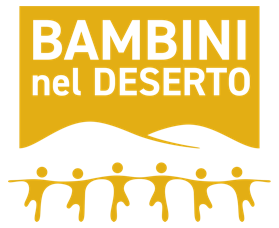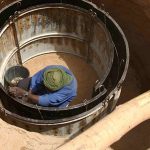In a context of widespread corruption that undermines the development of Africa, we at Children in the Desert raise our voice, highlighting how this phenomenon constitutes a significant obstacle to the growth and prosperity of the continent. From the far south to the north, corruption seems to permeate every level of society, from the simple policeman who stops a motorist on the street to the ruler who grants mining concessions. We are deeply concerned about the incidence of corruption, and we highlight the need to address this systemic problem decisively and promptly. According to a report recently published by the pan-African research network Afrobarometer, the vast majority of Africans believe their governments are failing to effectively tackle corruption, which continues to be pervasive. Titled “Faced with growing corruption, Africans say they risk reprisals if they speak out,” the report reveals alarming data. Only six out of 39 African countries show a high level of satisfaction with government performance in fighting corruption, indicating a critical situation that requires immediate attention. Corruption not only impoverishes the nations involved, but also contributes to phenomena such as illegal migratory flows, making its impact even more devastating. Corruption represents a direct threat to the stability and sustainable growth of the African continent. The Afrobarometer report indicates that over two-thirds of Africans surveyed believe that some of the resources earmarked for the fight against the Covid-19 pandemic have been lost due to corruption. This challenging reality not only undermines pandemic response efforts, but also undermines citizens’ trust in government institutions. We want to highlight that corruption is an endemic problem involving various public figures, from police officers, to tax officials, civil servants, presidential officials and members of parliament. Indeed, one in five of those interviewed recognize corruption even among non-governmental organizations, traditional leaders and religious authorities. The most disturbing aspect is the widespread fear of retaliation or negative consequences for those who decide to report corruption. 71% of respondents fear possible reprisals, highlighting the urgent need to protect whistleblowers and promote an environment where reporting corruption is possible without fear. In this context, Bambini nel Deserto presents itself as an ally in the fight against corruption, having never succumbed to direct or indirect blackmail in the implementation of over 500 projects in 23 years of activity. Corruption can no longer be ignored; it is a common enemy that requires concerted action to ensure a more just and prosperous future for Africa. The first could be the one that provides in the financing guidelines for cooperation projects the valorization of those countries that are concretely doing something against this Mal d’Africa.


